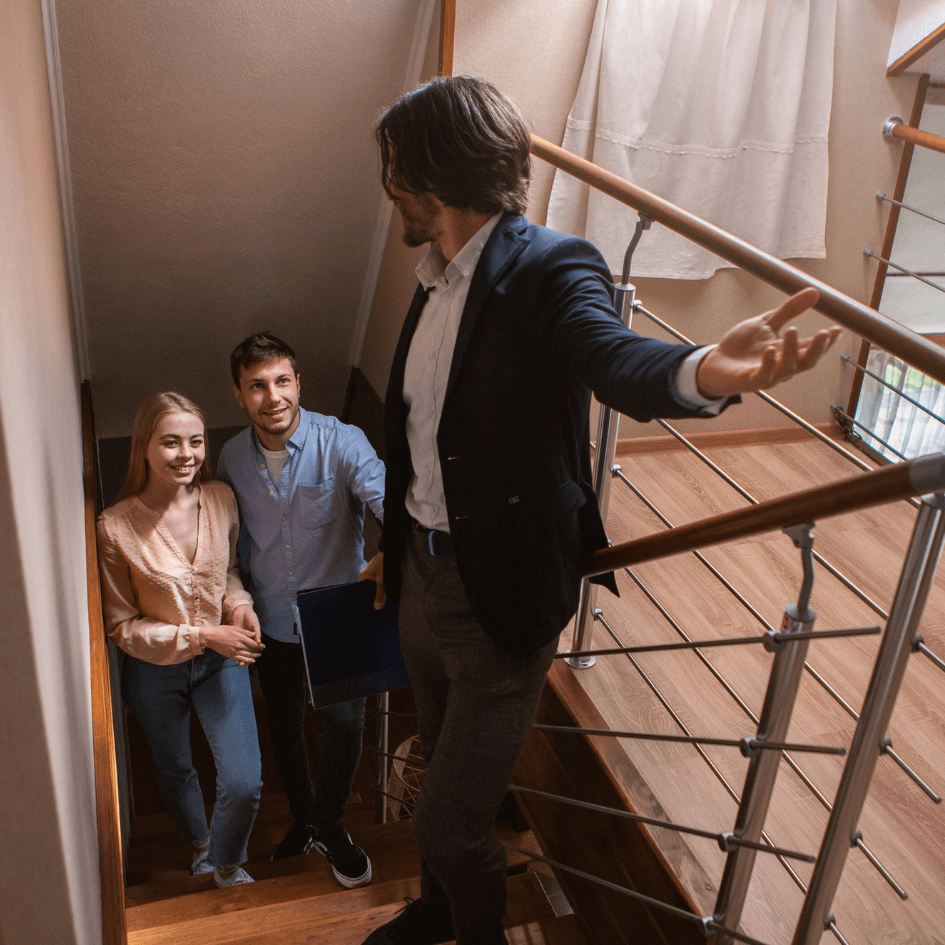There are currently 49 nations across the world which offer remote working visas. Although this is not an option offered in South Africa yet, the City of Cape Town is leading the way having been highlighted as one of the 20 global hotspot destinations for remote workers. Additionally, the City has entered a partnership with Airbnb to attract digital nomads to our shores.

Commenting on this, Max Urban, Co-founder and Managing Director at Propr, South Africa’s largest short-term rental management company, says that the remote work trend is mostly drawn to South Africa’s coastal regions. “Digital nomads are looking for lifestyle improvements and coastal areas typically provide those benefits.”
With this in mind, Urban points out that implementing a remote working visa should be a no-brainer for national Government. “Initially, questions were raised around travellers’ tax residency status, but those have been addressed. Considering this, there is definitely a window of opportunity which will become less lucrative the longer South Africa waits. If other countries move first and offer an easy solution, then a large piece of the nomad market will be snapped up.
The partnership agreement with the City and Airbnb will include a dedicated custom-built Airbnb hub for Cape Town that will showcase top local listings and information relating to entry requirements and visa policies. This means that once the remote worker visa is approved by national government, we will be able to support these travellers and ensure they have a great experience.
With Propr already seeing evidence of more bookings being placed by the digital nomad cohort, this is especially pertinent. “Our average length of stay has increased, compared to the pre-Covid era. However, it is important to note that there are many nomads who switch Airbnbs more than once a month, which means that quite a few of our shorter stays are still remote workers, but it is hard to quantify the exact number.”
This is reflected by a survey conducted by Lonely Planet and freelance site Fiverr which found that a third of digital nomads prefer to move on every one to three months. Yet 55%, the so-called “slomads”, said they liked to stay somewhere for at least three months at a time.
In order for South African short-term rental owners to take advantage of this growing opportunity, Urban highlights five ways that they can increase their chance to capitalise on this group:
Have high speed, reliable, uncapped Wi-Fi: Although this should be the norm for all Airbnbs, it is even more essential for those wishing to attract digital nomads. According to the 2022 Digital Quality of Life (DQL) Index, South Africa ranks 70th in the world when it comes to the average fixed broadband speed. Considering this, short-term rental owners have no choice but to offer travellers the best so that they can work as effectively as they would in their home country.
Ensure the property is loadshedding proof or resistant: If your apartment is on a grid that doesn’t experience loadshedding make a big deal out of the fact that it is unaffected. But if, like most of us, you do have loadshedding, make sure you minimise the impact by providing a UPS/inverter device to keep the internet going and provide a few emergency lamps.
Set-up a dedicated, laptop-friendly workspace with good lighting. At Propr we have started offering guests “work packs” which include a second monitor, laptop stand, HDMI cable, mouse and keyboard. This can be offered for a small fee or included in the rental. As these are extremely popular with our guests, we would advise short-term rental owners to add this to their offering and ensure that photographs of the setup are included in their listing.
Offer convenience services like additional cleaning and stocking of fridges. Digital nomads are looking for lifestyle upgrades and hotel-level amenities, so short-term rental owners should be making their stay as comfortable as possible to attract their business. Providing cleaning services also gives the property a competitive edge over hotels which include this in their offering.
If the listing is close to co-working spaces or has any other amenities that remote workers would enjoy, then highlight that in the description. As mentioned above, digital nomads will be new to the area so this information will assist in whether they choose your property or not.
“Now that nightly rates have recovered to more than what they were pre-Covid there are various opportunities available for short-term rental owners to take advantage of,” adds Urban. “Whether it be coat-tailing the digital nomad trend, welcoming more local travellers since they are currently bolstering tourism in the country or providing accommodation for international guests, now is the time to prepare for a bumper season.”
However, he says that in light of the limited number of economic growth opportunities in SA, it is vital that Government plays its part and makes it as easy as possible for all tourists – not just digital nomads – to enter the country.
“This is crucial as South Africa undoubtedly lost billions as a result of contradictory visa requirements relating to unabridged birth certificates and the shortening of visas to three months. By making entry into the country a simpler exercise for all travellers, it will allow us to undo some of the damage that has been done,” Urban concludes.

